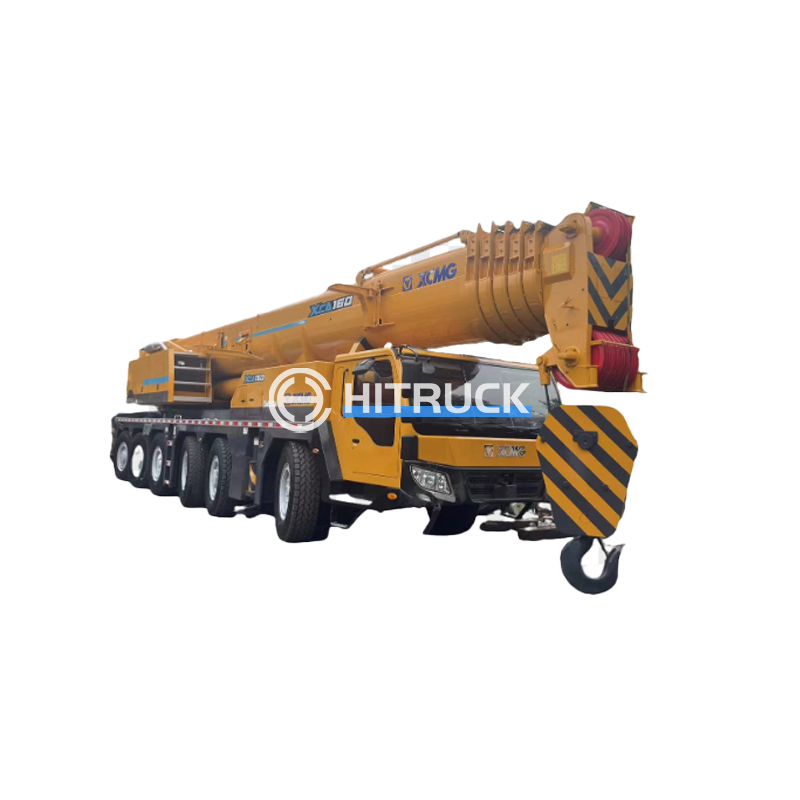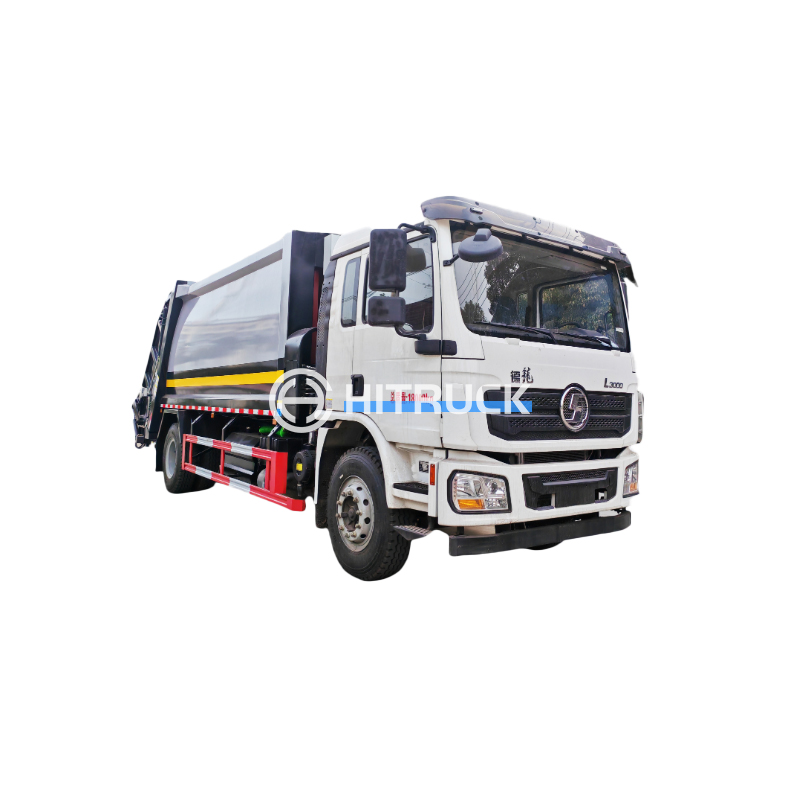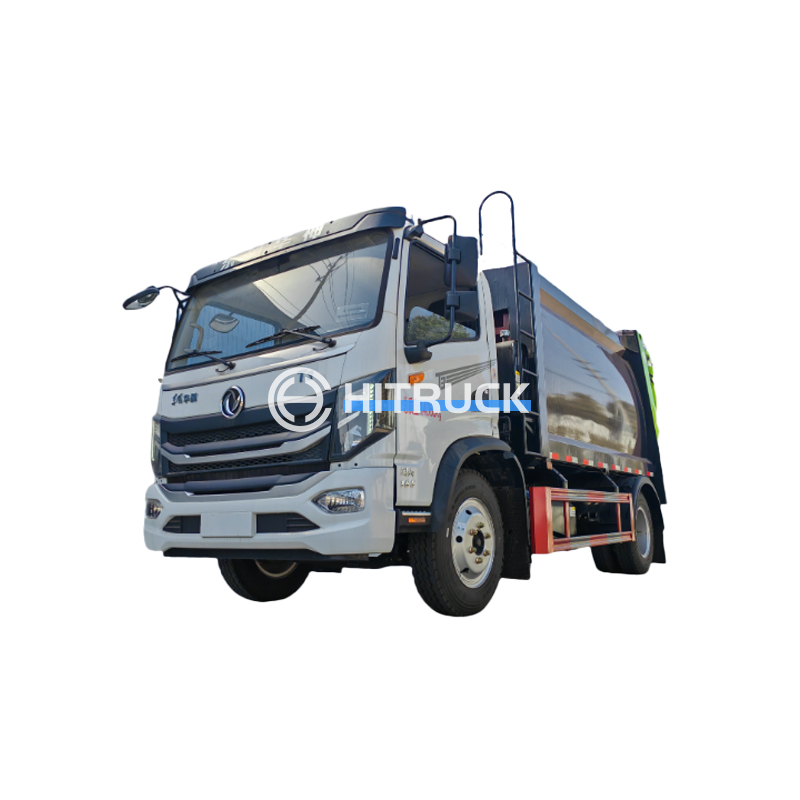Finding the Right Tower Crane Agency: A Comprehensive GuideThis guide helps you navigate the complexities of choosing a reliable tower crane agency, covering key considerations, critical questions, and best practices to ensure a successful project. Learn how to assess safety records, understand contract specifics, and identify potential pitfalls.
Selecting the right tower crane agency is crucial for any construction project involving significant height. A poorly chosen agency can lead to costly delays, safety hazards, and even legal repercussions. This comprehensive guide will walk you through the essential steps to finding a reliable and efficient partner for your needs. From understanding contract terms to assessing safety protocols, we'll cover everything you need to know to make an informed decision.
Before contacting any tower crane agency, clearly define your project's scope. This includes the height of the building, the duration of the project, the weight capacity needed, and the specific location of the crane. Knowing these details beforehand ensures you're contacting agencies capable of meeting your requirements. Accurate estimations will prevent costly errors down the line.
Tower crane rental and associated services vary significantly in cost. Establishing a clear budget early on helps you narrow your search and avoid agencies that fall outside your financial capabilities. Remember to factor in potential unforeseen costs, such as maintenance, transportation, and potential delays.
Prioritize agencies with impeccable safety records. Request detailed information on their safety procedures, accident history, and insurance coverage. Verify their compliance with all relevant safety regulations. A strong safety record minimizes risks and protects your investment. Contacting past clients for references is also highly recommended.
Look for agencies with extensive experience in handling projects similar to yours. Inquire about their past projects, their expertise with various crane types, and their familiarity with the local regulations. Experience guarantees a smoother and more efficient project execution.
Carefully review all contract terms, paying attention to clauses related to liability, insurance, maintenance responsibilities, and payment schedules. Seek clarification on any ambiguous clauses and ensure the contract protects your interests. A clear, comprehensive contract minimizes the potential for future disputes.
Ask about the agency's equipment maintenance program. Regular maintenance ensures reliability and minimizes downtime. Inquire about the availability of the cranes and any potential scheduling conflicts. Modern, well-maintained equipment is crucial for project efficiency. Many agencies offer a variety of cranes – from smaller, more maneuverable models to large-scale cranes suited to major construction projects.
Once you have a shortlist of potential agencies, compare their bids and services. Consider not only the price but also the value offered in terms of safety, experience, and equipment quality. Don't solely focus on the lowest price; a reputable agency with a strong track record is often a better investment in the long run.
Contact past clients of the agencies on your shortlist to gather feedback on their experiences. Positive testimonials and references build confidence in the agency's capabilities and reliability. Don't hesitate to ask probing questions about their experience with the agency.
| Feature | Agency A | Agency B |
|---|---|---|
| Safety Record | Excellent, few incidents reported | Good, some minor incidents |
| Experience | 20+ years | 10+ years |
| Pricing | Competitive | Slightly Higher |
By following these steps, you can significantly increase your chances of finding a tower crane agency that meets your project's requirements and ensures its safe and efficient completion. Remember, thorough due diligence is essential for success. For more information on heavy machinery sales and rentals, consider exploring options like Suizhou Haicang Automobile sales Co., LTD.
1 This information is based on general industry best practices and commonly available resources. Specific regulations and requirements may vary depending on location and project specifics.












